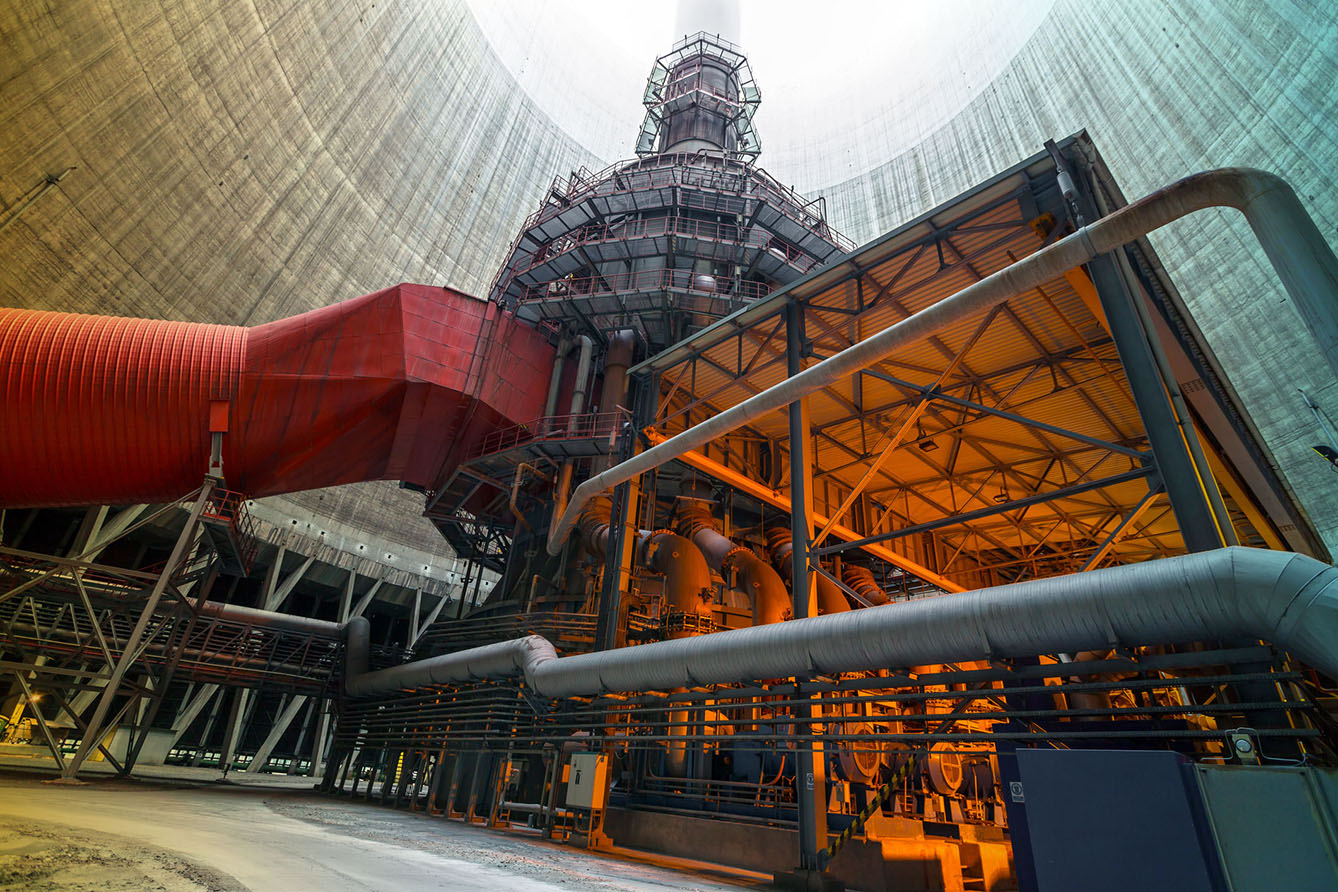The European Union is entering critical months in its decision process on whether or not to include nuclear energy and natural gas in its green taxonomy. Suppose these two energy sources are declared as green technologies. In that case, it will be possible for member states to apply for EU funds to construct infrastructural projects related to nuclear energy and gas power.
Coal or Nuclear – that is the question
In October 2021, a group of EU states coalesced around the position that nuclear energy has a vital role in the bloc’s efforts to limit climate change. France, the EU’s most potent player in nuclear energy, was joined by Finland and a slew of countries from the Three Seas region. Bulgaria, Croatia, Czechia, Hungary, Poland, Romania, Slovakia, and Slovenia all backed up the French position on the future of nuclear power in the EU.
Out of the Three Seas states in favor of adding nuclear power to the green taxonomy, only Poland and Croatia do not currently operate any commercial nuclear power plants. However, Croatia cooperates closely with Slovenia on the Krško Nuclear Power Plant, located in Slovenia but provides Croatia with 15% of its electricity.
Poland is acquiring nuclear power, with both small modular reactors and conventional nuclear reactors to become operational between 2029 and 2033. Small modular reactors represent a new approach to nuclear power. They are based on smaller units with an electrical power output of less than 300 MW but are easier and less costly to build.
Slovakia currently sources 55% of its electricity demand from 4 nuclear reactors and has two additional under construction in Mochovce. Their Czech neighbors have six nuclear reactors generating about one-third of their electricity. Prague has advanced plans to build new nuclear power plants to replace some of its older reactors once decommissioned in the late 2030s.
Austria is the only Three Seas member state that is firmly against including nuclear energy
Further down south, Hungary, Romania, and Bulgaria all operate nuclear reactors while also working on constructing new ones in the near future. In the north, Estonia has formed a nuclear energy working group tasked with analyzing the possibility of introducing nuclear energy in Estonia. It will present its conclusions and proposals to the government by September 2022.
The EU’s path forward
In February 2022, the European Commission presented its final version of the Complementary Delegated Act (CDA), which includes gas and nuclear in the green taxonomy. The European Parliament and the European Council will now have between 4 to 6 months to scrutinize the document before voting.
A simple majority against the document is needed in the European Parliament to fail, while even more is required in the European Council, where a minimum of 20 member states representing at least 65% of the EU population would have to oppose it.
Austria is the only Three Seas member state that is firmly against including nuclear energy in the CDA, which has vowed to take it to court if approved. Most other states point to nuclear power being crucial in phasing out coal energy in their countries while also helping to reduce Europe’s energy dependence on third countries. If the European Council and European Parliament fail to block the CDA, the new taxonomy will come into force on 1 January 2023.







